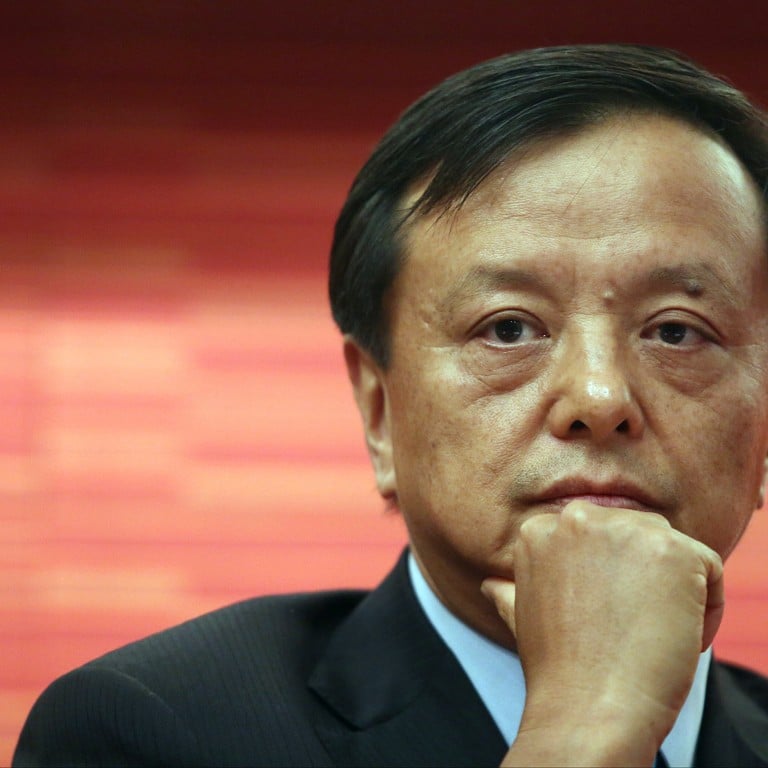
Reforms fuel concerns over regulator role for HKEx
Spike in HKEx shares on speculation through train quota would increase is cited as example of role conflict as both regulator and listed firm
With Hong Kong Exchanges and Clearing (HKEx) the main beneficiary of market reforms, questions have been raised again about whether it should keep its role as the exchange regulator.
"There is a clearly a conflict of interest for HKEx to continue to act as a front-line regulator for other listed companies while at the same time it is a listed company chasing maximum profit for shareholders," Democratic Party lawmaker Sin Chung-kai said.
"The Securities and Futures Commission should take a bigger regulatory role in terms of listing approval and to make sure the exchange system can cope with the current market rally."
The conflict occurs when HKEx, as a regulator, works with other government agencies to discuss reform plans but fails to release all the information obtained to the public, which is its duty as a listed company.
A prime example was that when its share price rose more than HK$100 in four trading days to hit a record high of HK$300 on Monday due to market speculation that the quota for the Shanghai-Hong Kong stocks through train might be lifted, the exchange could not provide more information.
HKEx chief executive Charles Li Xiaojia said on Friday the quota for through-train stocks would increase substantially - by more than 30 per cent - but gave no more details.
"HKEx has obviously not provided sufficient transparency about discussions on the stocks through train quota," Sin said. "More transparency would be needed as it is a listed company."
However, Gary Cheung Wai-kwok, chief executive of Tung Shing Securities (Brokers), said HKEx could not disclose further details about the quota discussions as that would be determined by the authorities in Beijing.
"It would also be impossible to ask the exchange not to be involved in the quota discussion because it is the operator running the scheme," Cheung said. "As such, it is inevitable for HKEx to keep both roles, as a regulator and a listed company."
Fund managers have been pressing for the quotas under the through train scheme to be raised, fearing the allocations will be exhausted within weeks as the market rally heats up.
Jeffrey Chan, chairman of the Hong Kong Securities Association, said HKEx had done the right thing in not disclosing details of the quota discussion as they had not been finalised. He said the real conflict for HKEx was in its role of setting rules for listed companies.
"As a listed company that wants profit, HKEx would naturally want more new listings," Chan said. "It is a conflict for it to set the rules or regulate other companies. As a regulator, it should focus on investor protection and market quality and not be making any rules for its profit.
"It would be better to let an independent body or the Securities and Futures Commission vet listings alone, without HKEx."
Some overseas markets such as the London Stock Exchange no longer play the role of regulator, with the approval of new listings conducted by an independent body.
Since 2004, Hong Kong has had a system where the SFC co-vets new listings with HKEx. Chan said it was time to go a step further and let the SFC do the job alone.
"Dating back when HKEx first listed in 2000, the SFC could not take over listing approvals as it had no staff or experience in it," he said. "But now, it has a big team and has the experience to do the job."

